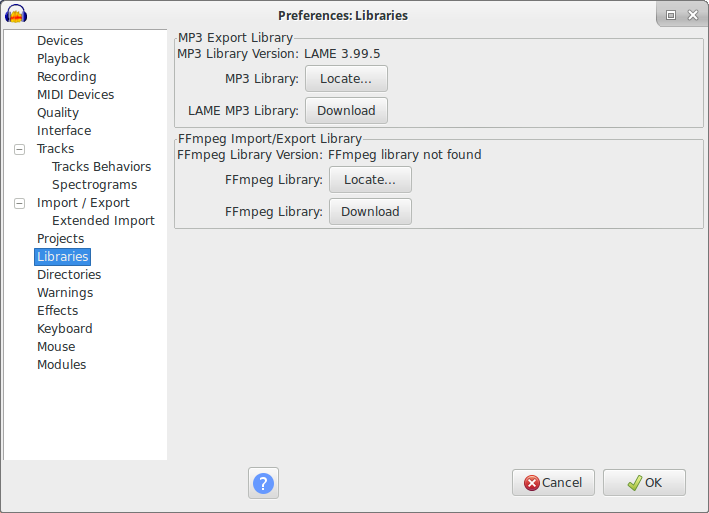

sudo apt update sudo apt upgrade Install FFmpeg on Ubuntu 20.04 So, login to your system and update current packages on your system. It is an good idea to keep your system packages update ot date. You must have shell access with sudo privileged account access on your Ubuntu 20.04 system. This tutorial will help you to install ffmpeg on Ubuntu 20.04 LTS Linux system. In addition to use ffmpeg as developer tool, FFmpeg also provides an command-line interface to perform large number of tasks of for audio/video file management, alteration, and analysis. Multiple software applications and websites are uses ffmpeg for handling of read/write of audio/video files. At this stage, the configuration is complete.FFmpeg is a cross-platform application to record, convert and stream multimedia files. If everything is completed correctly, then you should be able to see information about the successful installation of FFmpeg. You can finally check the installation using the following command: ffmpeg -version $ sudo apt-get install deb-multimedia-keyring Next, update the package list and install the deb-multimedia keychain $ sudo apt-get update Then you need to add to the end of the file # deb-multimediaĪfter that, you need to save and close the file.

Using Debian 8Įditing the original list $ sudo nano /etc/apt/sources.list Install FFmpeg $ sudo apt-get install ffmpegĪfter entering this code, you should see information about installing FFmpeg. Before starting the installation, we recommend that you update Debian to the latest packages and connect to the server Using with Debian 9 and 10 It also provides a cross-platform solution for recording, converting and streaming audio and video. Converting audio and video becomes very easy with this FFmpeg utility.

FFmpeg is a free utility for decoding and encoding video or audio. This guide is described how to install FFmpeg for the following Debian versions: 8, 9, 10.


 0 kommentar(er)
0 kommentar(er)
